Everything You Need To Know About Upgrading Your Home with a New Water Heater
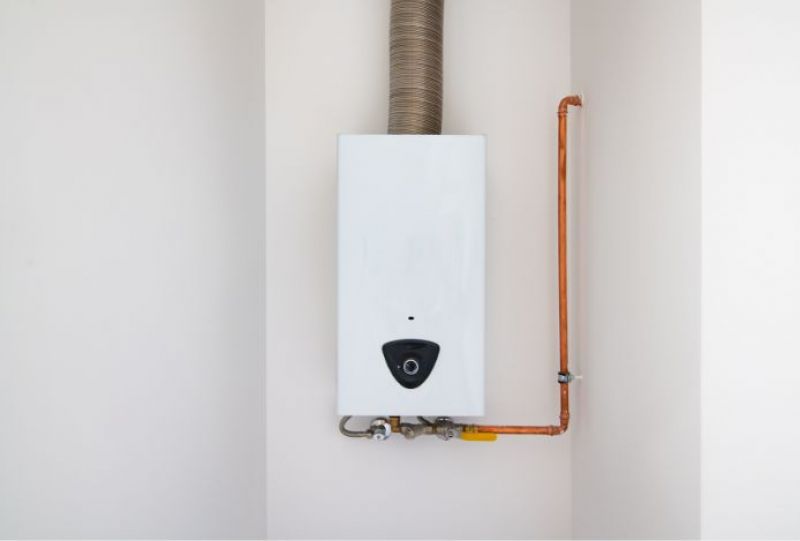
As a homeowner, you might encounter various challenges related to maintaining your home’s comfort and functionality. One such crucial aspect is ensuring a consistent supply of hot water, which largely depends on the efficiency of your water heater.
If you have been experiencing issues with your current water heater or if it’s over a decade old, consider replacing it. Upgrading your home with a new water heater is a significant investment that can improve your home’s comfort, increase energy efficiency, and prevent significant future expenses. We’ll discuss all the aspects of this process to help you get a clear picture of what it entails.
Water Heater Types and Models
Understanding the signs that point to the end of the operating life of your existing water heaters is the first crucial step toward making an upgrade. These signs could include frequent breakdowns, inconsistent hot water supply, increased energy bills, or the age of your current water heater.
If your water heater is over a decade old, it may not function as efficiently as newer models, leading to increased energy usage and higher utility bills. Moreover, an older water heater may struggle to provide a consistent hot water supply causing inconvenience and discomfort.
Once you’ve identified the need for a new water heater, the next step is to search the market and familiarize yourself with the different water heater types and models available.
Conventional Storage Water Heaters
You probably have one of these in your home already, as they are the most commonly used ones. They feature an insulated tank where the water is heated and stored. Over the years, these models have seen significant improvements in terms of insulation to reduce standby heat loss.
Tankless or Demand-Type Water Heaters
Unlike conventional models, tankless water heaters can heat water directly, skipping the requirements for a storage tank. Providing hot water on demand makes them quite popular as a very energy-efficient choice, heating water only when it is required for use.
Heat Pump Water Heaters
Also known as hybrid water heaters, they work by transferring heat generated from electricity immediately as you turn the system on. This makes them highly energy efficient as there is no need to store pre-heated water or spend time waiting.
Solar Water Heaters
While the upfront cost is somewhat high, they greatly reduce energy costs in the long term, making them a worthwhile investment, especially in areas with abundant sunshine.
Indirect Water Heaters/Tankless Coil Water Heaters
These rely on your home’s internal heating systems. While they can be energy efficient, they are most effective in homes with a boiler as their main source of heat.
Selecting the Right Water Heater
Choosing the right water heater for your home involves several factors, like your household size, hot water demand, available fuel types, energy efficiency ratings, and budget. Let’s see what they entail: :
Household Size and Hot Water Demand
Your household size and hot water demand play a crucial role in deciding the capacity of your new water heater. For instance, a large family with multiple bathrooms would require a water heater with a higher capacity compared to a smaller household.
Fuel Type
The fuel type can significantly impact the operation cost of your water heater. You need to evaluate the availability and cost of these fuels in your area to decide which one is the most suitable for your needs.
Energy Efficiency
An energy-efficient water heater directly results in significant energy bill savings and contributes to environmental sustainability. When selecting a new water heater, you should look for a high EF rating indicating the unit’s efficiency, taking into account how much hot water the system produces per unit of fuel.
Cost Considerations
The upfront cost is a significant factor, but it is far from the only one, as you should also consider all the long-term operating costs. An energy-efficient model might have a higher upfront cost but can save you money in the long run through lower energy bills.
The Water Heater Installation Process
The process of installing a new water heater involves several steps, from assessing your current water heater’s condition to testing the new unit after installation. Here’s a step-by-step guide to what the installation process entails:
- Assessment and Planning: The first step involves an assessment of the state of your existing water heater and the space you have at your disposal. It will help determine if you need to do further modifications to accommodate the installation of a new water heater.
- Selecting the Right Unit: Based on the assessment, you can select a water heater that perfectly suits your water demands and the size of your home. You should also take into account the impact of factors such as energy efficiency ratings and the type of fuel used.
- Preparation: Before installing the new water heater, you must turn off all utilities, such as electricity or gas, attached to the existing water heater. You should also drain the old unit so that no water spills as you remove it.
- Removal: Disconnect your old water heater from any adjoined utilities and take it down. The old unit should be properly disposed of according to local regulations.
- Installation: The installation of a new water heater has to comply with the manufacturer’s guidelines. This may involve connecting pipes, setting up connections for electricity or gas, and making sure there is adequate and ample ventilation.
- Testing: Once the new water heater is installed, it should be turned on and checked for any leaks or issues. As it heats up water for the first time, keep a close eye on the process to see if everything works as expected.
The Gains of a New Water Heater
Introducing a new water heater to your household offers several distinct advantages, including:
- Improved Energy Efficiency: The latest water heater models are all about energy efficiency. By using less energy, they help reduce your utility bills significantly, and contribute to environmental sustainability.
- Enhanced Performance and Reliability: A new water heater can provide a consistent hot water supply. You’ll constantly have hot water while showering or doing your laundry.
- Quick Heating and Recovery Time: Modern water heaters are equipped with advanced technologies that allow quick and efficient heating, providing immediate access to hot water.
- Space-Saving Design: Newer models are more compact and space-saving. This is very beneficial if you only have a small space designated for your water heater.
- Extended Lifespan: With proper maintenance, a new water heater will easily last you for years. This can save you the headaches of frequent repairs and inevitable replacements, as well as reduce your overall costs.
- Improved Safety Features: Newer models of water heaters come with advanced safety features, ensuring no accidents or potential water damage can happen. These features include temperature control, pressure relief valves, and automatic shut-off mechanisms.
- Increased Home Value: Installing a new water heater directly affects the value of your home, raising its attractiveness in the eyes of potential buyers. This is a worthwhile investment that can provide both immediate and long-term benefits.
Water Heater Upgrades in Tucson, Arizona
Whether you choose a traditional storage water heater or a modern tankless model, the upgrade can lead to significant savings on your energy bills and provide you with a reliable source of hot water. Upgrading your home with a new water heater is a major undertaking and it comes with specific costs. However, the resulting increase in your household’s comfort and efficiency more than makes up for this.
Select the right unit and have professionals install it so you can revel in the perks of a new water heater for years to come. Reach out to Rootin Tootin Rooter and Plumbing today to ensure that an experienced, reliable professional is handling every water heater-related need. Contact us to get a free service quote!
Other Blogs You May Be Interested In
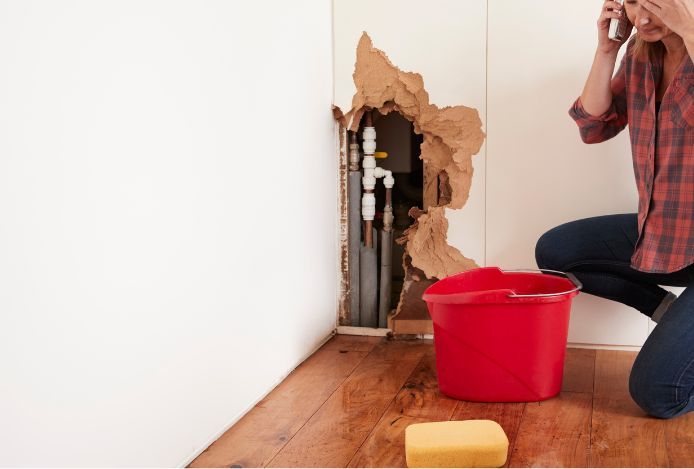

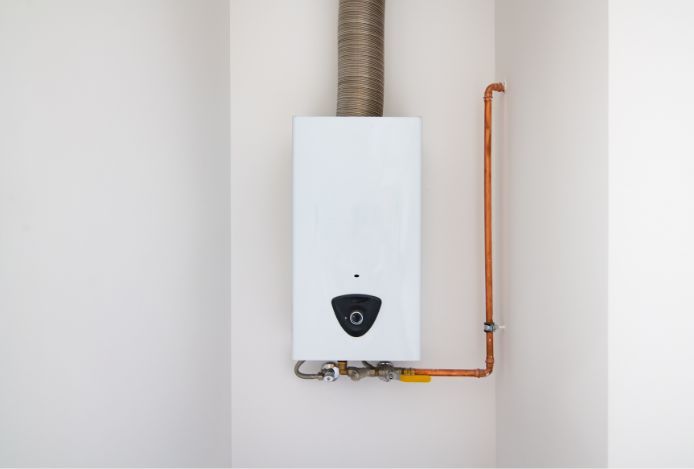
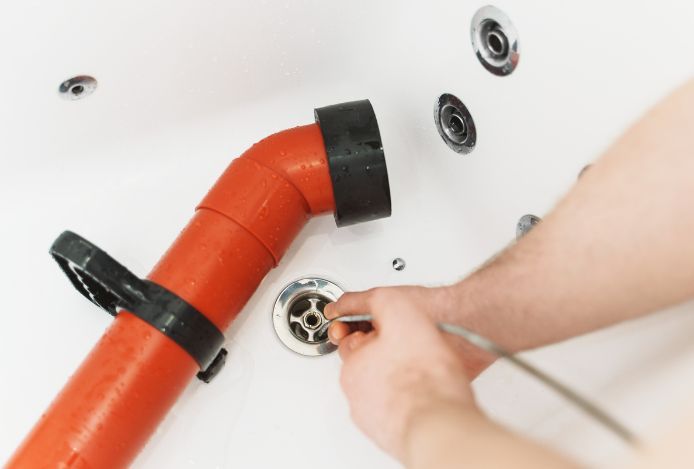
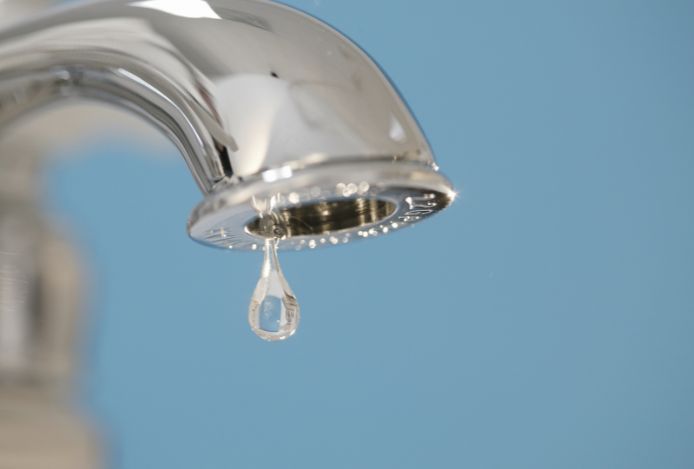

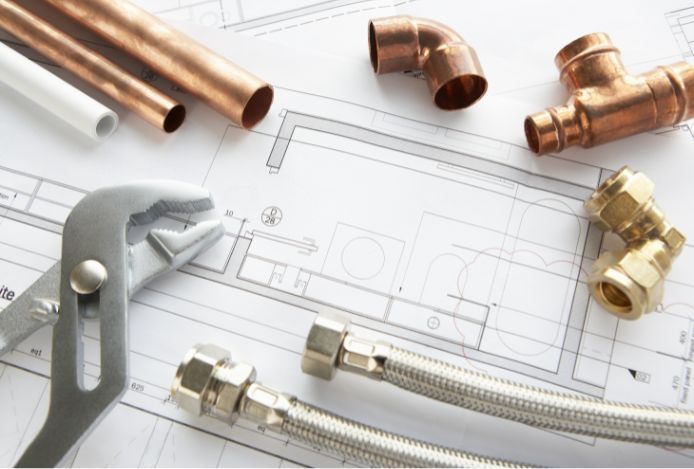

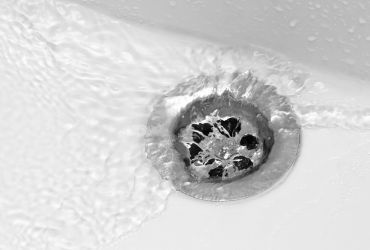
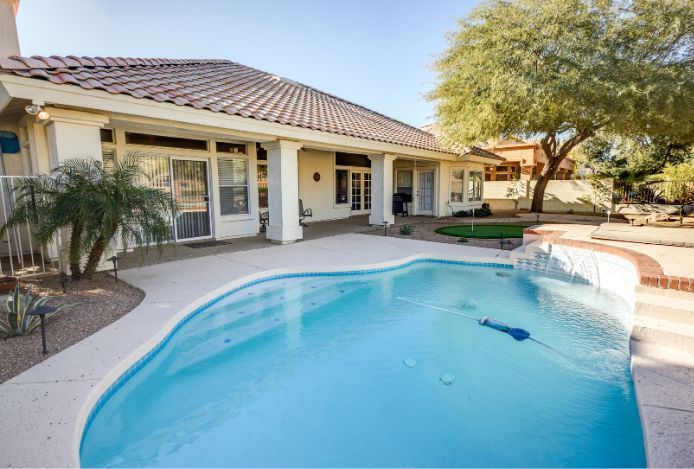
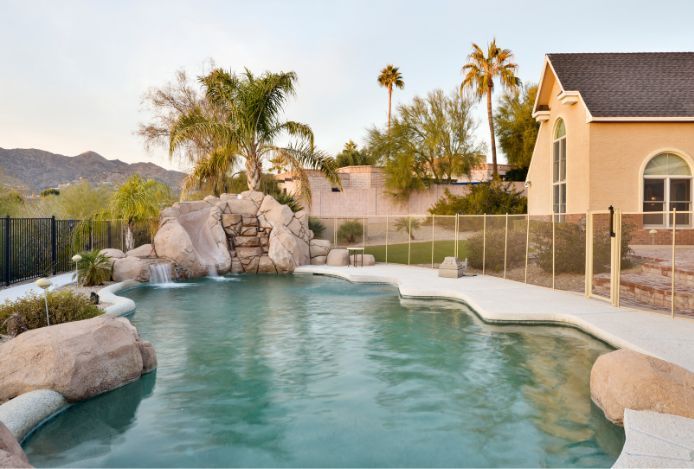
Leave a Reply